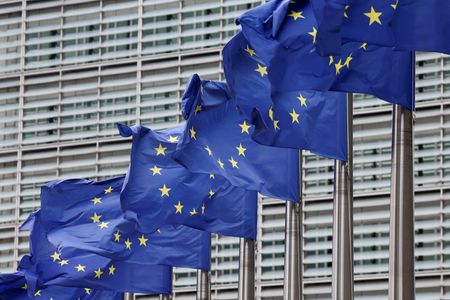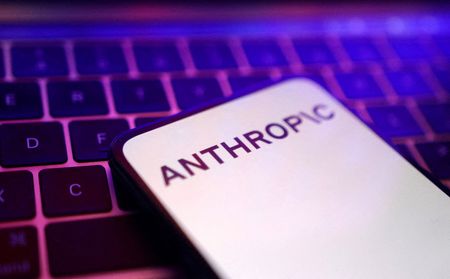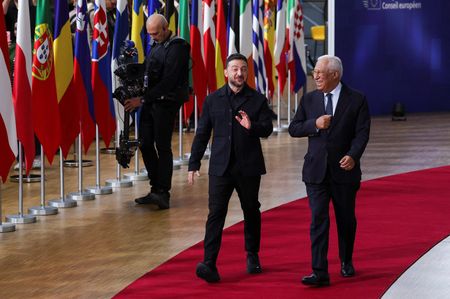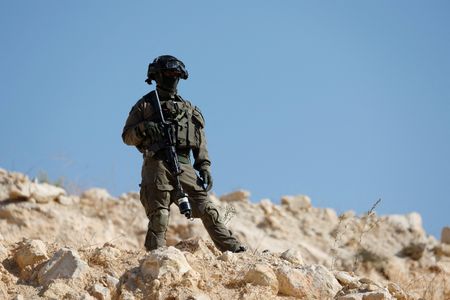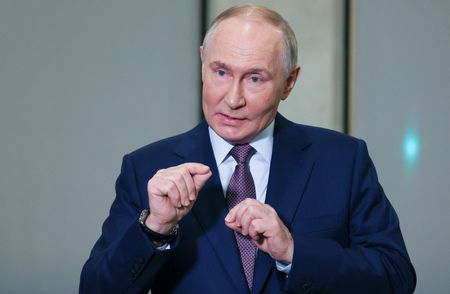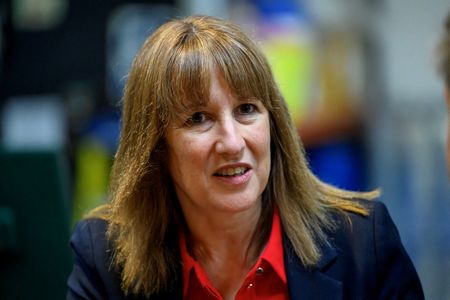By Andrius Sytas
VILNIUS (Reuters) -Two Russian military aircraft entered NATO member Lithuania’s airspace on Thursday for about 18 seconds, Lithuania’s military said.
The two aircraft, an Su-30 fighter and Il-78 refuelling tanker, were possibly on a refuelling training mission when they flew 700 metres (0.43 mile) into Lithuania from the Kaliningrad region at about 1500 GMT, the military said.
Lithuania summoned Russia’s top diplomat in the country and issued a stern protest, and informed its NATO and European Union allies and the North Atlantic Council about the incident, the Foreign Ministry said.
“This incident once again shows that Russia is behaving like a terrorist state, disregarding international law and the security of neighbouring countries,” Lithuanian Prime Minister Inga Ruginiene said on Facebook.
“Lithuania is safe. Together with our allies, we look after and will defend every centimetre of our country,” she added.
Spanish Eurofighter Typhoon jets from the NATO Baltic Air Police were scrambled in response and are patrolling the area, the military said.
“This shows that vigilance is required at all times, that Russia is in no way calming down or retreating,” Polish Defence Minister Wladyslaw Kosiniak-Kamysz told private broadcaster TVN24.
Three Russian military jets violated Estonia’s airspace for 12 minutes on September 19. NATO scrambled fighters and escorted them out. Russia denied its planes entered Estonia, saying Tallinn had no evidence to back up its claim and was seeking to ratchet up East-West tensions.
Nine days earlier, more than 20 Russian drones entered Polish airspace. NATO jets shot some of them down, the first time an alliance member had fired on Russian targets since the start of the war in Ukraine.
The U.S. general serving as NATO’s top commander said earlier this week that Russia appeared to have been deterred by NATO’s firm response to the incursions into Polish and Estonian airspace, but Moscow is expected to continue testing boundaries.
(Reporting by Andrius Sytas in Vilnius, additional reporting by Anna Koper in Warsaw; Editing by Kirsten Donovan and Edmund Klamann)


